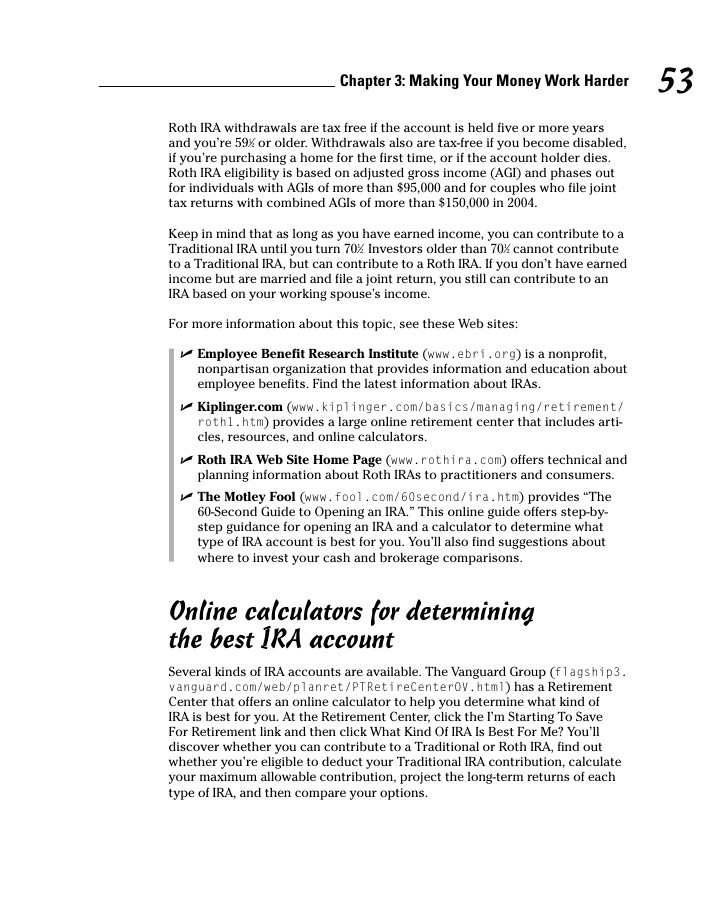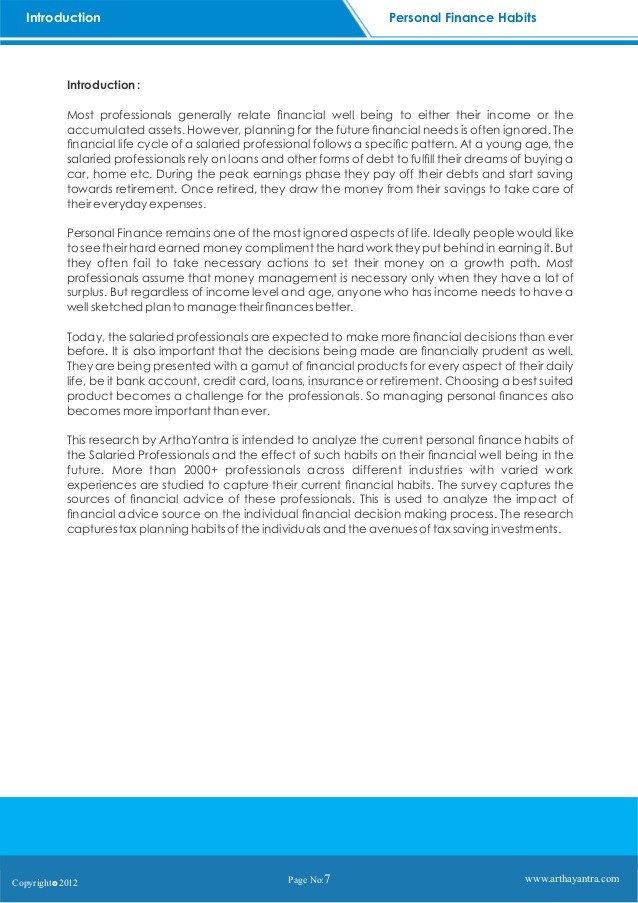Improve Your Investing Decisions By Ignoring ShortTerm PredictionsKiplinger
Post on: 4 Июнь, 2015 No Comment

Believing in the illusion of control, or the ability to forecast the future, can cause overconfidence in investors and harm to your portfolio.
By Bob Frick, December 2011
Spyros Makridakis lives in Athens, Greece, a javelin’s throw from where the famous Oracle of Delphi forecast the future for ancient Greeks. Centuries have passed, but Makridakis says we still crave “experts who will take away all uncertainty about the future.”
SEE ALSO: Our Guide to Investor Psychology
The first step in dispelling the illusion is acknowledging just how unpredictable the future is, says Makridakis, coauthor of Dance With Chance: Making Luck Work for You (Oneworld, $15).
Advertisement
Research showing that you cannot predict the future of the markets is irrefutable, but consider these recent examples: At the beginning of 2008, according to a survey of analysts by Bloomberg, no one had a clue about the financial disaster that would strike that fall. And back in January of this year, the Bloomberg survey showed that analysts saw sunshine and roses for 2011. The consensus: a 9% rise in Standard & Poor’s 500-stock index. As of October 7, it was down 8%.
Ah, you say, that may be true for most analysts. But what if I follow the analyst who got it right last time? Not so fast. Christina Fang, a professor of management at New York University’s Stern business school, tracked the Wall Street Journal survey of economic forecasts and came up with an interesting finding in her paper titled “Predicting the Next Big Thing: Success as a Signal of Poor Judgment.” Forecasters who made a great call on the economy aren’t likely to repeat that success very often, and their forecasts are worse than average overall.
Fang says that investors rarely check the long-term track record of forecasters. She adds that her research has taught her to “distrust the experts, be skeptical, and question the conventional wisdom.”

A Futile Effort
Failure after a briefly successful track record brings us back to Delphi. In 560 B.C. Croesus, the famously rich king of Lydia, wanted to find out which oracle dispensed the most accurate prophesies. So he tested the lot and proclaimed the one at Delphi tops for having foreseen that the king was making lamb-and-tortoise stew for supper. Croesus then asked the oracle about starting a war with Persia. Based on the oracle’s thumbs up, he attacked. Unfortunately, the Persians defeated Croesus and took him prisoner.
Evidence shows that those who fall most deeply for the illusion of control are less successful investors. An experiment had traders in London play a simple game in which they watched a graph rising and falling on a computer screen — a graph similar to the rise and fall of a stock price. The traders were told the graph’s movements followed a random path but that it might be influenced by pressing three computer keys. In fact, its movements remained totally random.
Traders who believed they affected the graph the most — in other words, those who suffered most from the illusion of control — turned out to earn significantly less income from their real-life trades than those who had fewer illusions about their influence.
Once you recognize the futility of controlling or seeing into the future, your tendency toward overconfidence will diminish, and that alone will improve your investing decisions, says Makridakis. He suggests dismissing all short- and medium-term predictions — even those forecasting trends over five to ten years — and focusing on longer-term trends in assets such as stocks and bonds.














